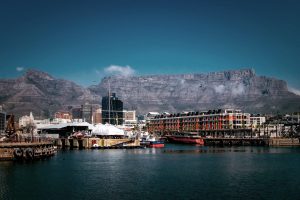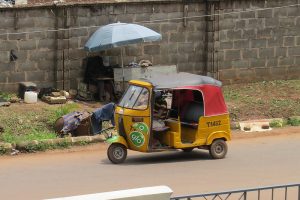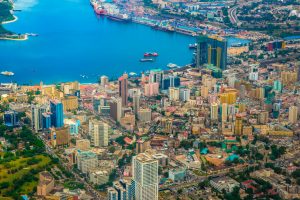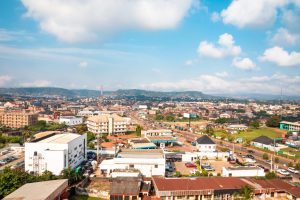Africa is a continent with great economic potential, with most countries relying on agriculture and mining. Although many African countries are doing well economically, many others are lagging. In some African countries, it is challenging to do business due to civil wars, trade sanctions and political instability. They include:
Somalia
The UN Human Development Index classifies Somalia as among the poorest countries. The country depends on an informal economy that barely grows. People mainly rely on livestock, agriculture and money transfers from abroad.
The 2018 statistics show that the country has a population of over 15 million people. However, the Somali economy has been improving slowly, especially in the private sector. However, it is not yet significant enough to say that you can invest in the country.
It is difficult to invest in Somalia because of government instability, civil wars, insecurity and famine. Famine is a threat to food security and makes many people lack access to clean water.
Central African Republic
The Central African Republic is among the world’s poorest countries, with over 60 percent of its population living in adverse poverty. The country is endowed with natural resources like timber and diamond that makes most of its exports.
The main causes of poverty and a poor economy are military coups that have led o unstable government over the years. The weak governance has led to poor health conditions leading to low life expectancy. There are also high numbers of refugees from the Central Republic of Africa seeking humanitarian assistance.
The political instability makes it very difficult for businesses to thrive. Also, high levels of poverty make it an unsuitable country to do business. Violence from armed robbers and incidences of homicides and attacks on civilians also deter business growth.
Zimbabwe
The Zimbabwean economy is mainly composed of the informal sector. Agriculture and mining are the main economic activities that contribute to a significant percentage of their exports. Among its exports include gold, platinum and copper.
The country’s biggest setbacks are the high levels of inflation and high unemployment. The other deterrent to investment in Zimbabwe is many sanctions imposed by European countries that slowed down economic activities like trade.
South Sudan
South Sudan is among the most recent sovereign countries after gaining independence in 2011 from the Republic of Sudan. This after over 98 percent of people voted to have the country separate from large Sudan. After gaining independence, the country was faced with violence after President Salva Kiir and his deputy Riek Machar had a power struggle. More than two million people were displaced before a peace agreement was reached in 2015.
Due to high poverty levels, border disputes, poor infrastructure and weak institutions, it is challenging for businesses to thrive in South Sudan. Many people in South Susan get an income of less than 1USD in a day. The country is still not stable, with many civil wars amongst the civilians.
Malawi
Malawi is a country in Sub-Saharan Africa. It mainly depends on agriculture as the main economic activity. Malawi is a country with great economic potential, but it faces challenges like deforestation and lack of adequate water resources. Limited institutional capacities and a highly growing population pull the country behind.
The high levels of poverty make it an unsuitable place to invest. People have no money to spend, so they only use their income on essential needs. The country mainly exports tobacco and marijuana for industrial and medical purposes. The overreliance on agriculture for Malawi deters its progress.
Liberia
Liberia was ranked as the eleventh worst place to do business by the World Bank. Previously, the country was doing well, especially in the ease of doing business. The country has been declining in terms of doing business since 2008. The main contributions of this rank are because of difficulties in getting business credit, paying taxes, getting electricity, business registration and construction permits.
Reports indicate that it is difficult for foreign firms to do business in the country because of corruption in awarding government procurement. Also, foreign companies are forced to pay fees that were not indicated in the investment agreement. The country was ranked as the second most corrupt country in 2015 by Transparency International.
Eritrea
Several problems make it difficult to do business in Eritrea. Among them are the high levels of bureaucracy that makes the paperwork tiresome. This means that people to start a business, you need to go through rigorous paperwork from one office to the other. This makes many people shy away from starting businesses.
In 2009, Eritrea was sanctioned by the UN for supporting anti-Ethiopian Islamic insurgents in Somalia. This has made it difficult for the economy to grow and international companies doing business in the country. Also, starting a business in the country is very rigorous and you would need at least three months to go through the registration processes. Also, since Eritrea split from Ethiopia, many military campaigns create an unfavorable climate for doing business.
Final Word
Many reasons can make it difficult to do business in a country ranging from social, economic and political factors. A business thrives where there is stability in both economic and political. Countries that have social, economic and political instability have hardships in doing business.








